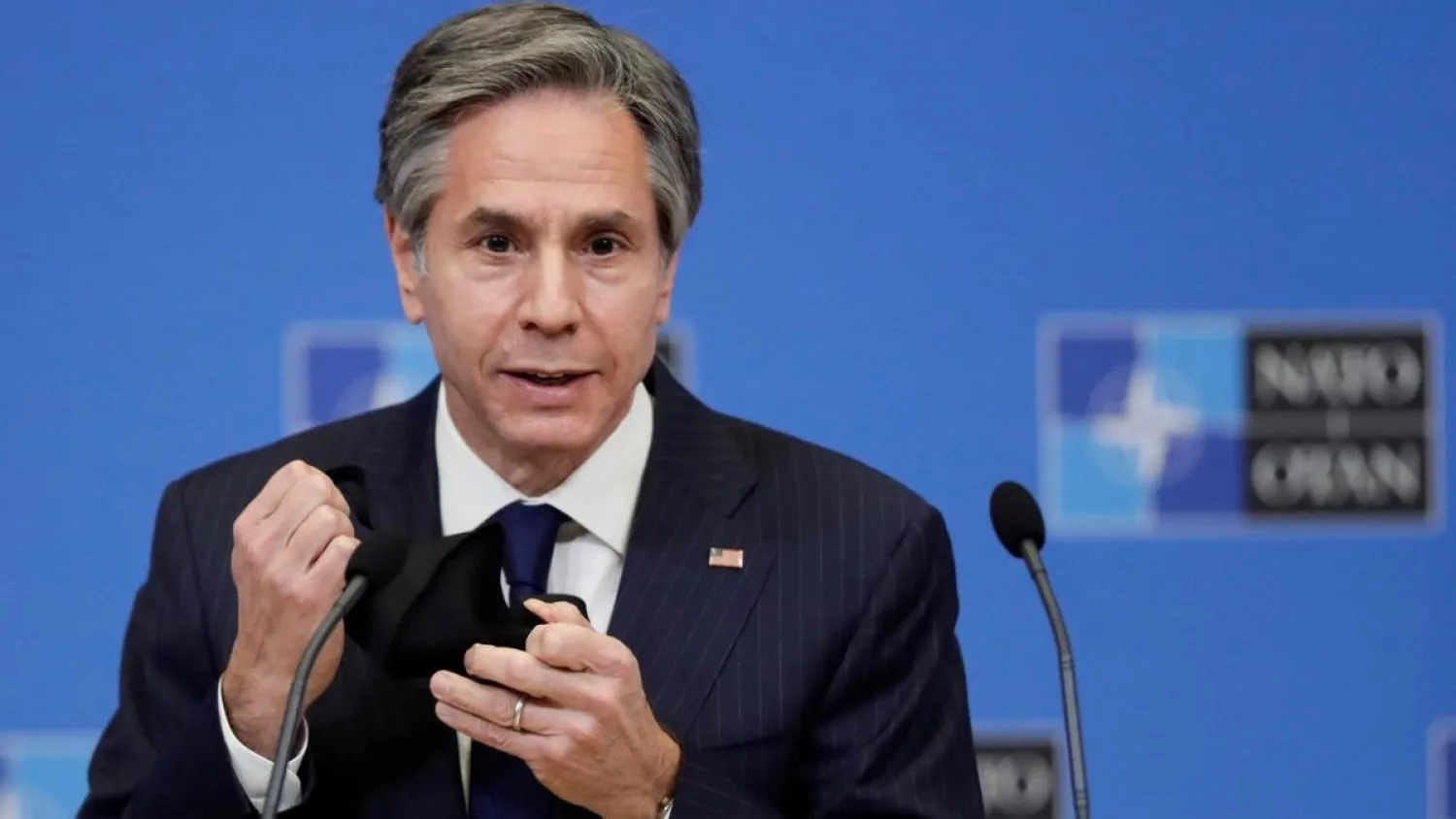US Secretary of State Antony Blinken will chair on Monday a United Nations Security Council meeting on the humanitarian situation in Syria.
He will reinforce Washington’s support for the Syrian people, for a nationwide ceasefire and for unhindered access that will allow humanitarian assistance to reach vulnerable communities throughout the country, announced the State Department on Friday.
This position will set the stage for a “diplomatic clash” between the US and Russia over the extension of resolution 2533 on the cross-border operation that delivers aid to millions of Syrian civilians. The resolution will expire in July.
The extension in July 2020 was subject to an arduous tug of war between the US and its allies and Russia. The Security Council ultimately ended up extending the operation for a year, but after reducing the number of border access points to one, which is Bab al-Hawa in opposition-held Idlib on the border with Turkey.
Moscow has made its position clear on the extension by striking the Bab al-Hawa crossing last week.
The United Nations described the aid delivered from Turkey as a “lifeline” for Syrians in the country’s northwest.
During last year’s deliberations, veto-powers Russia and China wanted to halve the approved Turkey border crossings to one, arguing that the northwest of Syria can be reached from within the country.
“Russia is consistently in favor of humanitarian deliveries to Syria with full respect of the country’s sovereignty and territorial integrity and with coordination of its legal government. This issue should not be politicized,” deputy Russian UN envoy Dmitry Polyanskiy said at the time.
When the Security Council first authorized the cross-border aid operation into Syria in 2014 it also included access from Jordan and Iraq. Those crossings were cut in January due to opposition by Russia and China.
Russia has vetoed 16 council resolutions related to Syria since Syria’s President Bashar al-Assad cracked down on peaceful protesters in 2011, leading to war. For many of those votes, Moscow has been backed in the council by China.
The Biden administration has yet to say how it plans to handle Syria, but two things are clear: The US wants to keep its troops deployed east of the Euphrates River and deter the re-emergence of ISIS and it wants to keep on providing humanitarian aid to the Syrians. Since 2012, it has offered some 13 billion dollars to relief efforts.
It will renew its humanitarian commitment during a donor conference in Brussels on Tuesday. Blinken will skip the meeting to attend a small summit for the international coalition fighting ISIS that will be held on the same day.









